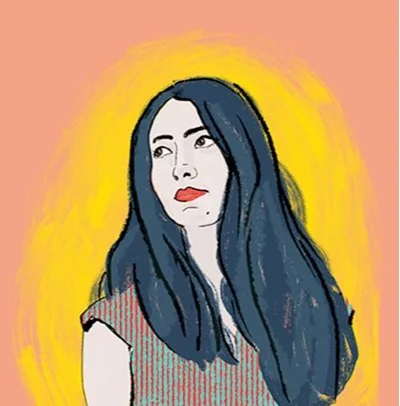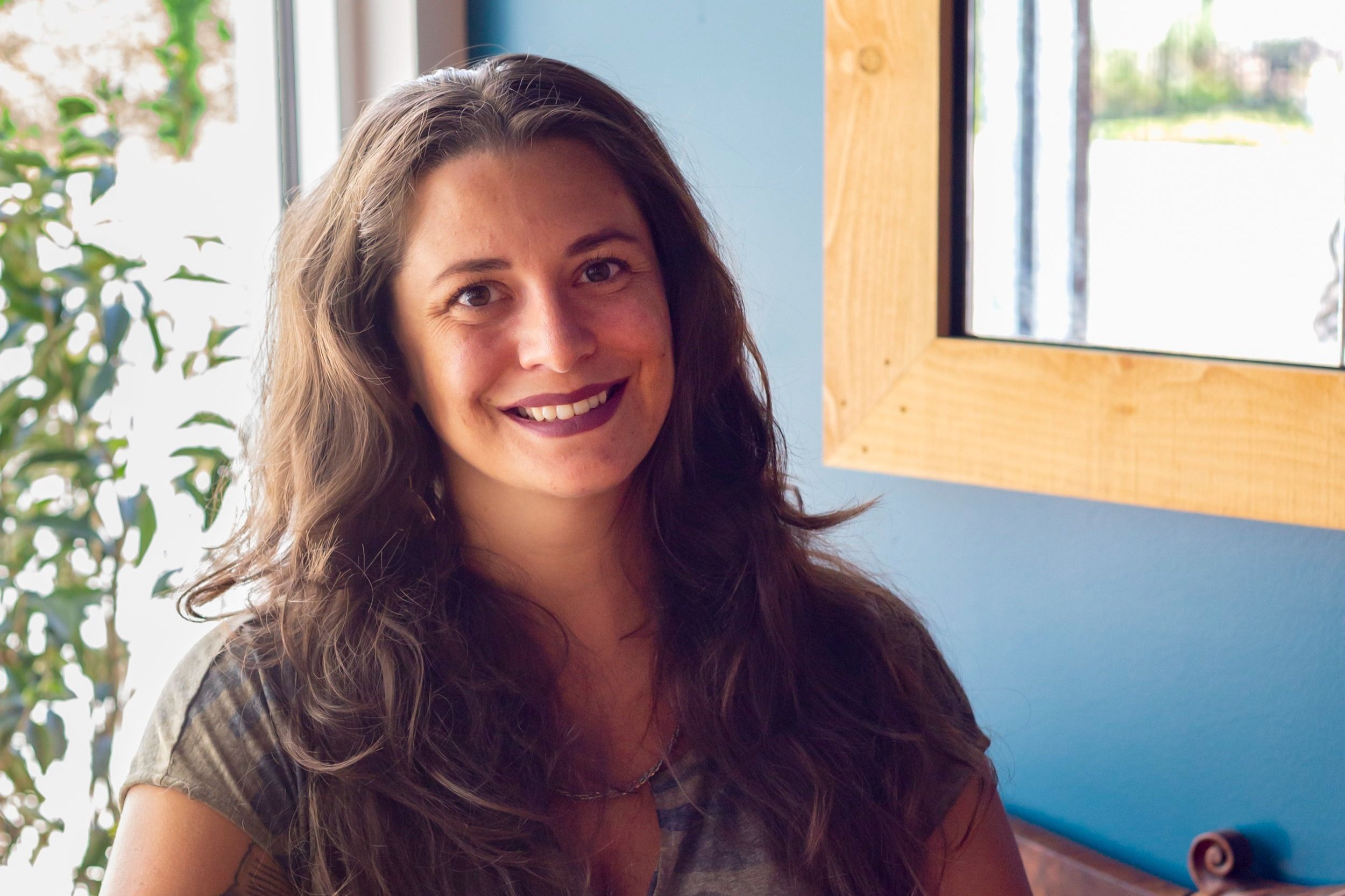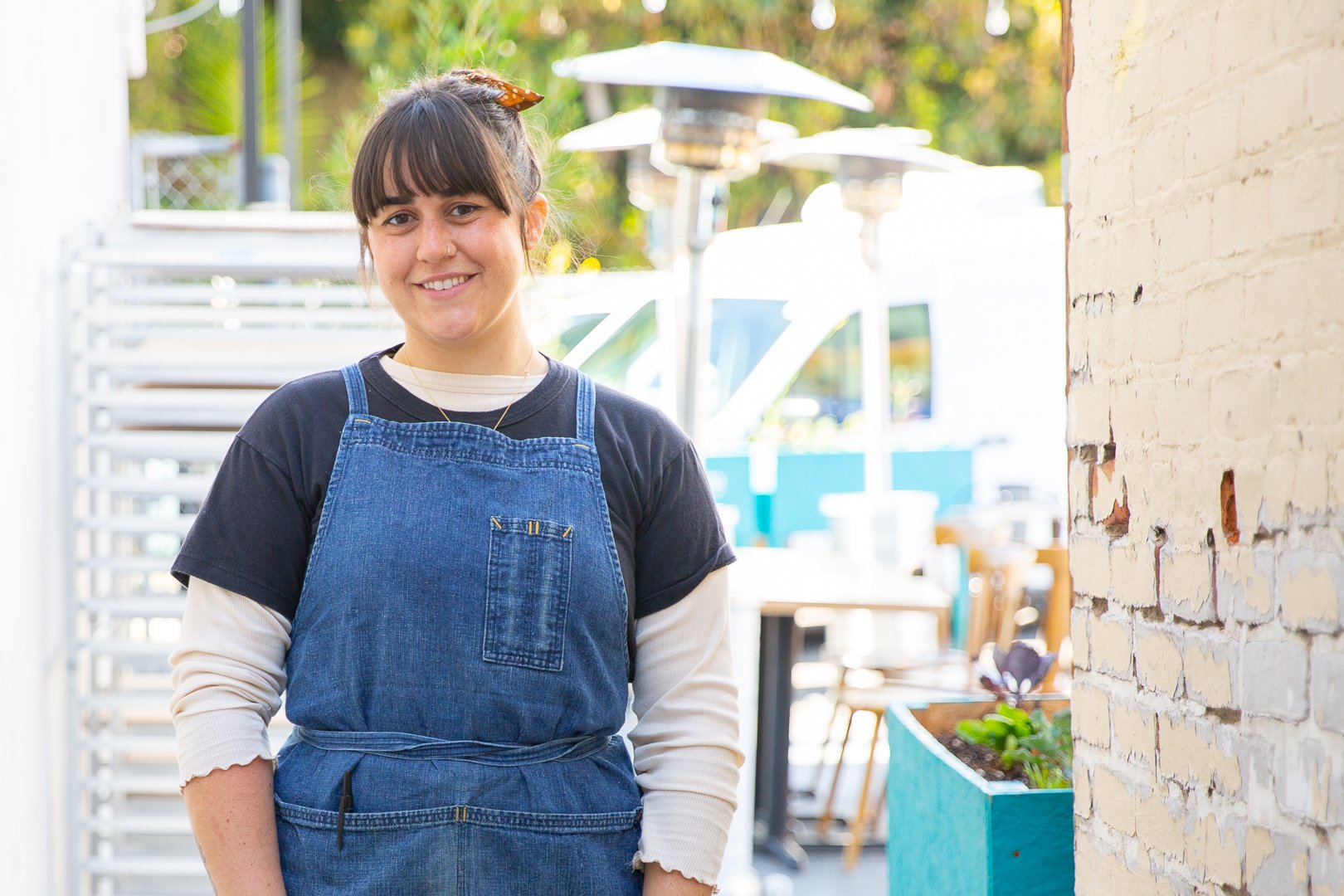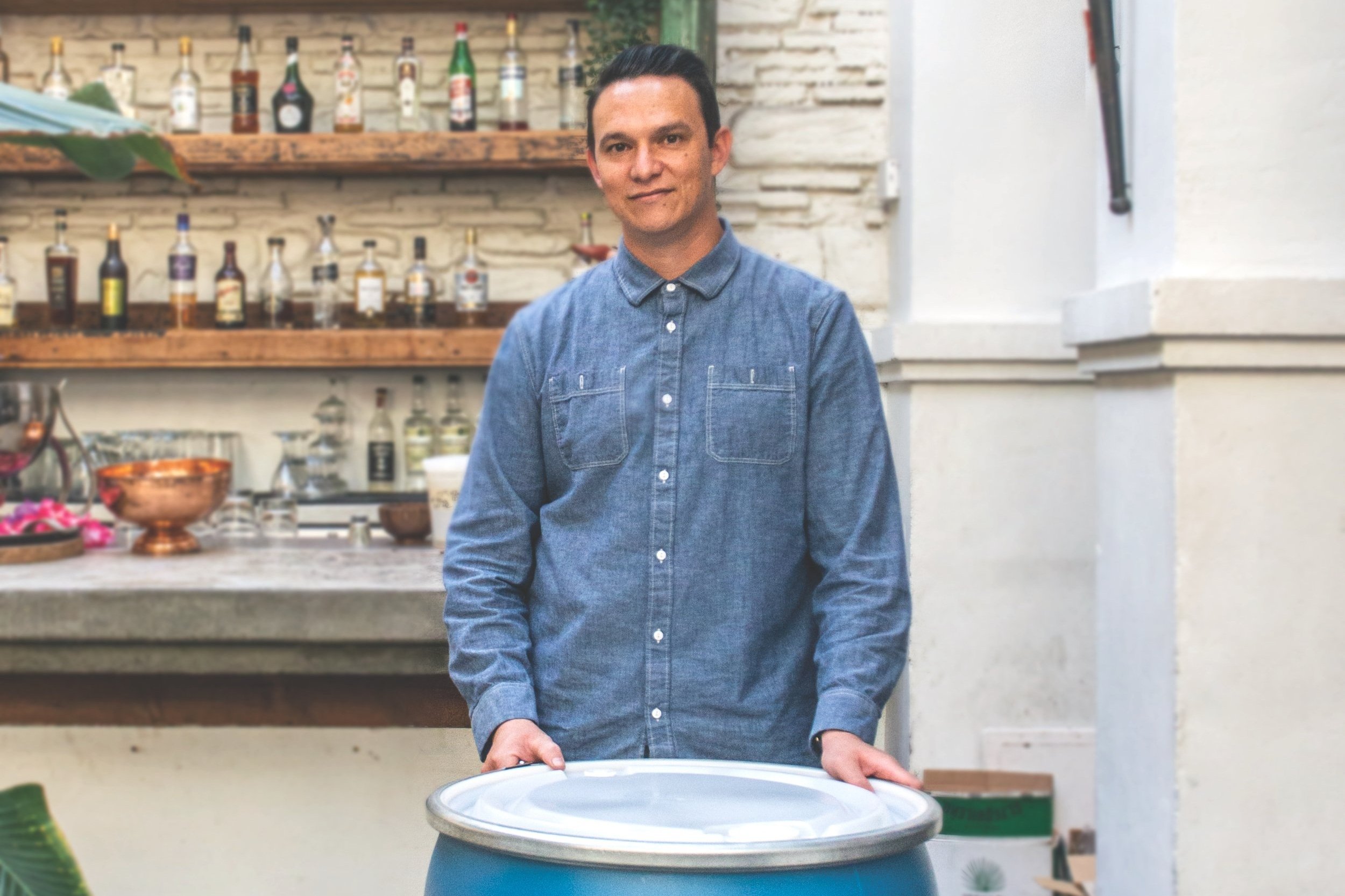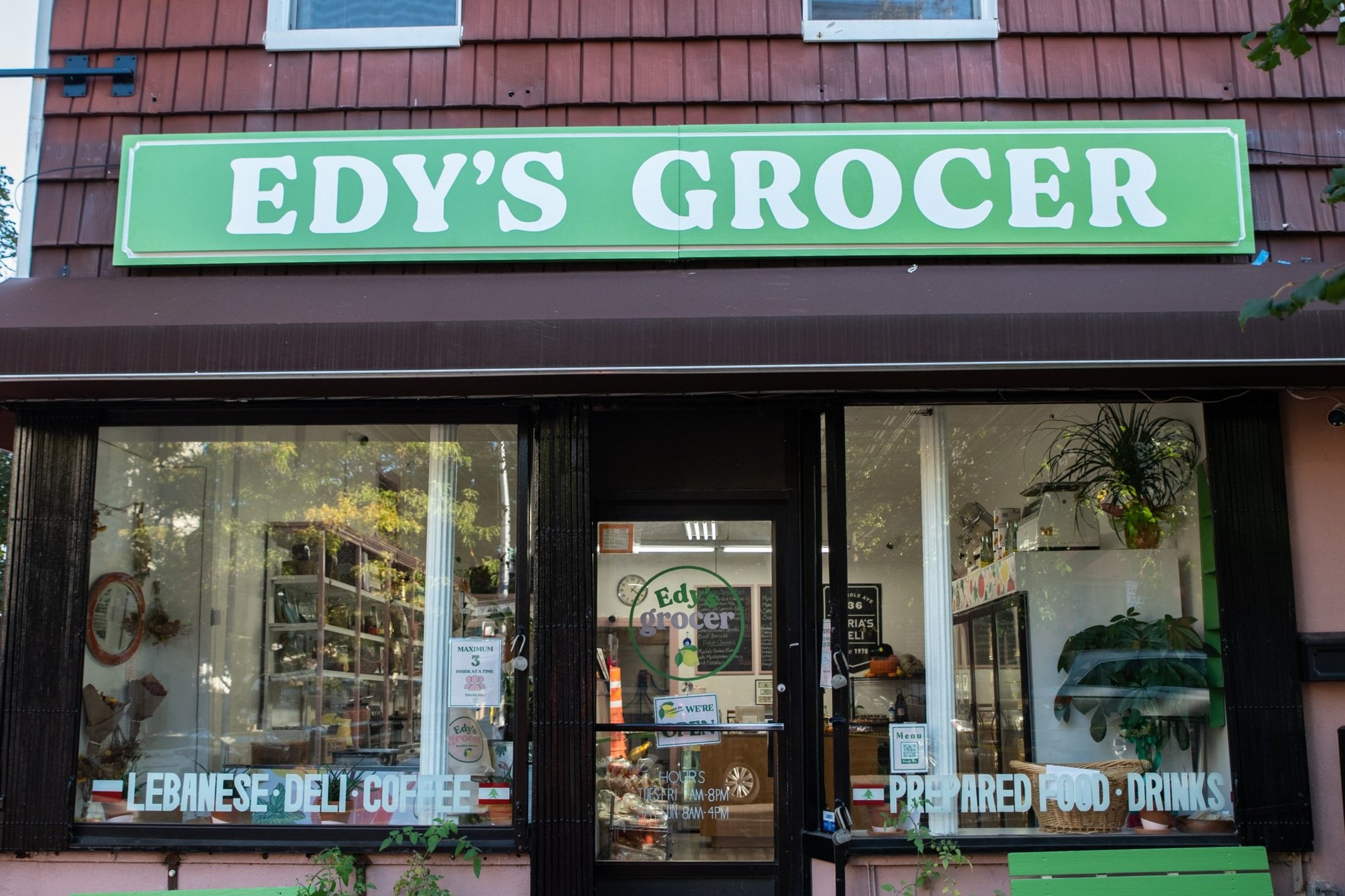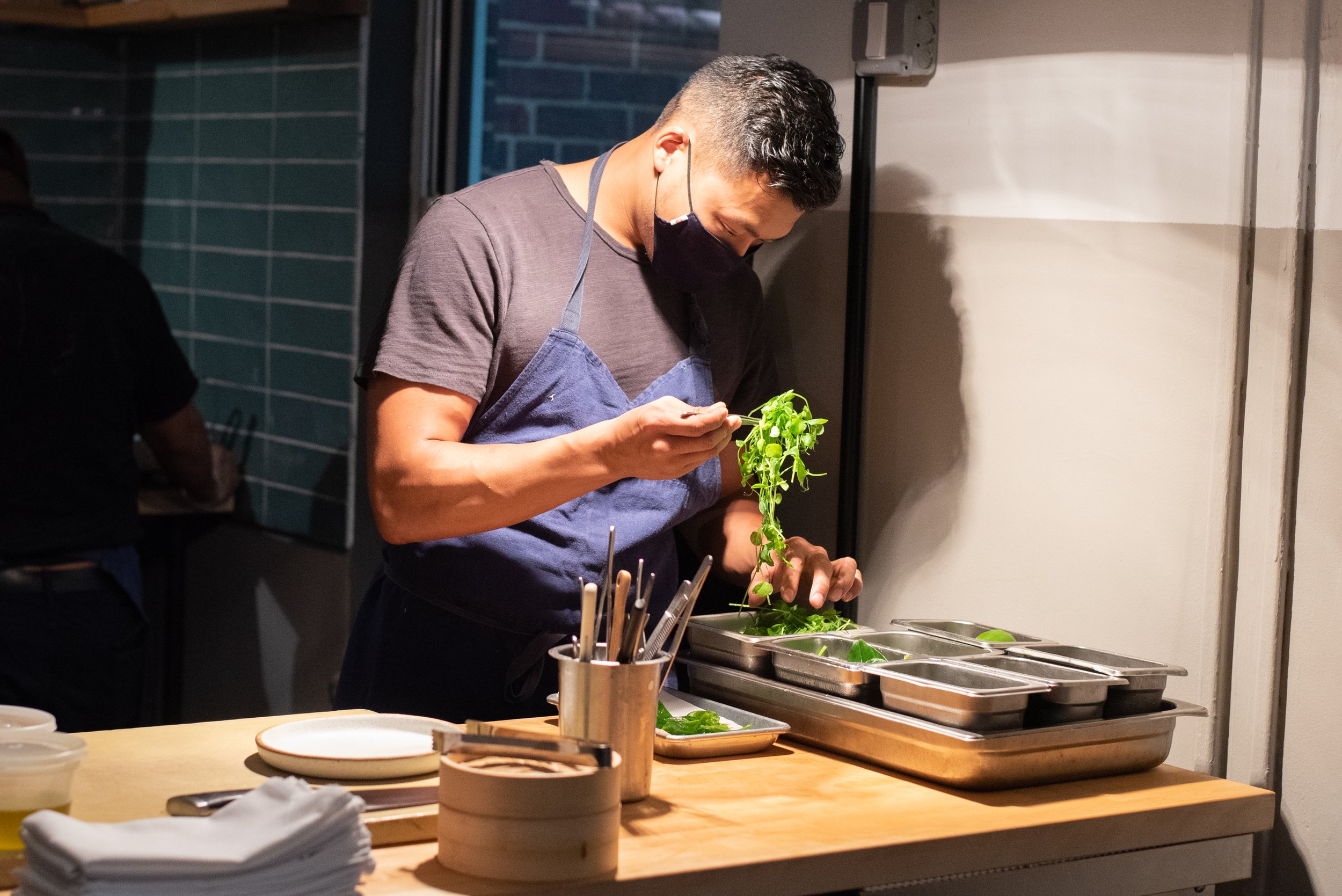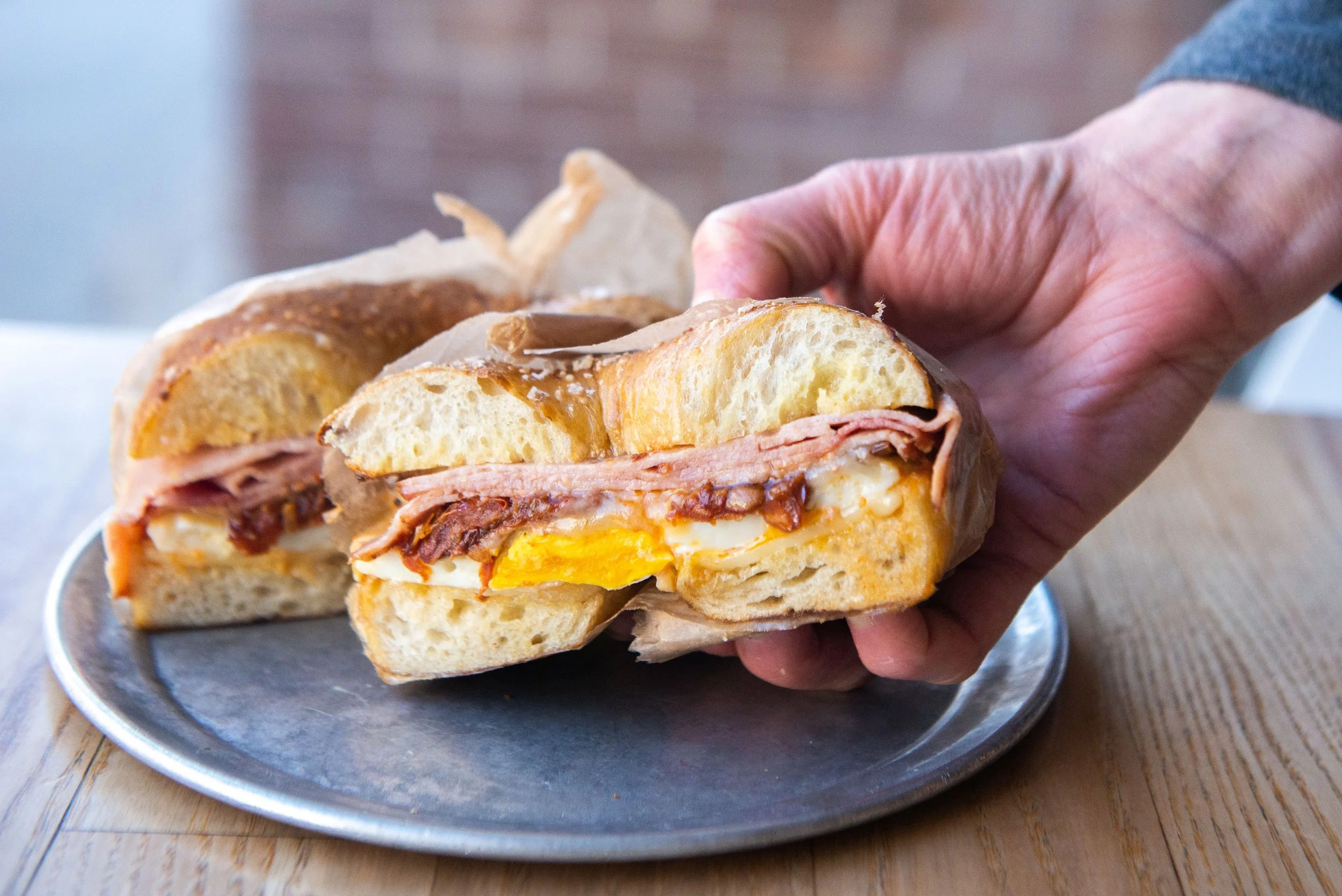Natasha David on Embracing Change
Natasha David tells the story of closing Nitecap and reckoning with the state of the hospitality community.
illustration:: jaclyn warren
I’ve always questioned if what I do is “important” enough. Does slinging drinks have any sort of meaningful impact on people’s lives?
Could I be more useful? I grew up in a very politically minded family. Perhaps it’s because my father’s family escaped the Nazis or the fact that my mother was born in a Japanese internment camp, but social justice was at the heart of all the values my parents tried to instill in me.
Working in restaurants and bars, like for so many of us, came out of necessity, not deep-seeded desire. But over the years, it turned into more than just a way to pay the bills; it became the reason I wanted to get out of bed every day. So to make a long story short, I, along with my partners, Alex Day and Dave Kaplan, opened Nitecap. And then six years later, almost to the day, we had what we didn’t know would be our last night of service.
COVID-19 was the tidal wave none of us saw coming. Even with what I thought was a sizable rainy-day-fund set aside, our shortsighted, greedy landlord made shuttering permanently our only viable option. In the sleepless weeks preceding our closure, I reflected often on what exactly I was trying to keep alive. Nitecap was born from a place of need. A need for inclusivity. It was a direct reaction to the cocktail bar created from the gaze of the suited-up, white, heterosexual male, where a dress-wearing, biracial woman like myself would be an easy target on Mai Tai Mondays.
I swore to myself that Nitecap would be different, and from day one, I welcomed politics to the barstool. Because even though we’ve been told our whole lives that politics don’t belong in bars, it is precisely there where they belong. That Third Space is at the heartbeat of every town, village and city. It is in these spaces that we are reminded of our ability to transform our sense of self, the power of social interaction and our innate need as humans to come together. Revolutions, after all, are planned in dark corners over rounds of beer.
So yes, what I do—what we do—is important, is enough, if we use our voices and the real estate we take up for good. Hopefully, Nitecap made someone in our community feel safe. Hopefully, it created an opportunity or stepping stone for someone who felt marginalized. Hopefully, it gave voice to someone’s creativity.
But Nitecap was far from perfect. Our staff members earned their money by having our guests decide if they were worthy of a tip or not. Our staff didn’t have health insurance. Our staff didn’t get paid time off. My hope is that we as an industry seize this moment in history as a real reckoning with ourselves and what we stand for. That we welcome social justice as the key ingredient to our collective culture and that politics take center stage in how we run our businesses. Nitecap will be back in one form or another, but it will only make its return once I am certain I can provide its staff with the security I would demand for my children.

